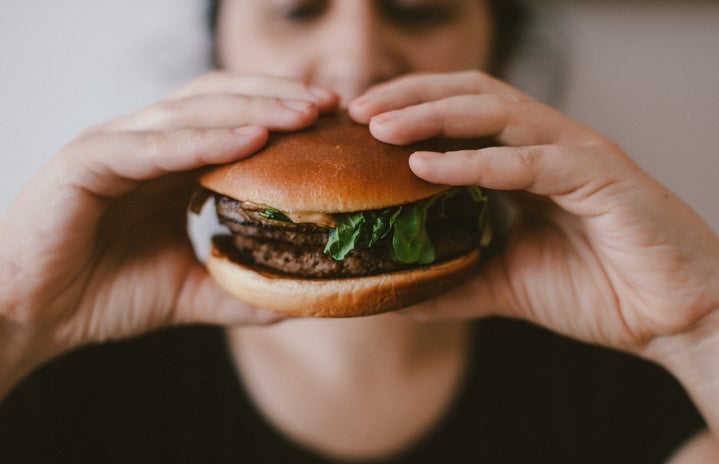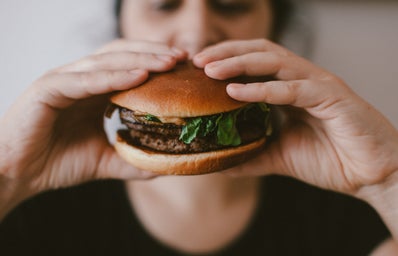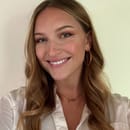tw: eating disorders, body image
It. Is. Everywhere. I never knew how saturated diet talk, body shaming, and fatphobia are in society until I began recovery. It felt (and sometimes still feels like) everywhere I turn, there was some message about weight loss or fat loss or demonization of food or idealization of thinness. Yes, these types of messages were extremely prominent in my media feed at the beginning of my recovery, but I was able (for the most part) to unfollow triggering content and engage with anti-diet and body acceptance content. However, I couldn’t believe how much these messages exist in daily conversation and this is perhaps the part that was the most difficult to overcome.
I am lucky to be where I am today. I am proud to call myself an Intuitive Eater and still learning about it every day. I still address the personal issues that drove me to restriction. Yet, it would be a lie to say everything is now rainbows and butterflies. Upon my recovery, I initially grew into a larger body* as I relearned to nourish myself and listen to my body. But, what I came to find, is that recovering into a larger body came with a host of unique challenges.

Furthermore, I found a calling through my recovery to advocate for those who struggle with body image and disordered eating. I am grateful to have found an amazing community of intuitive eating, anti-diet, body acceptance, fat liberation, and eating disorder recovery advocates. Without that online community, in all honesty, I don’t know where I would have found the strength to continue recovering the way I did. Yet, the assumptions I received from people outside of this community still hindered my progress time and time again. Here are just a few of the assumptions I’ve faced:
-
I want to lose weight and am interested in talking about diets because I am in a larger body
-
I couldn’t have possibly have had an eating disorder because I am not thin (and wasn’t overly so when I did)
-
I do not engage in exercise or eat nutritious foods.
None of these are true. And when I was faced with these assumptions, I felt as if I were yanked backward, like my momentum towards healing was kicked in the nuts. This is why it is so important that assumptions around other’s size need to stop, they can be incredibly damaging, and you never know the type of relationship that who you’re talking with has with their body and food.
Moreso, my body has shrunk since the initial months of recovery as an unintentional byproduct of intuitive eating (a change that very well may reverse in the future as I continue to practice IE- which is 100% normal and valid). This is not something I personally try to pay any attention to, and I always make certain to put in check my thoughts around what any changes in my size “means” because, in reality, it says nothing about who I am as a person or my intrinsic value. Yet, this comes with its own challenges. As a result of this change, I’ve heard comments around my weight loss and how I’ve “slimmed down” and so on and so forth. Although these are meant as compliments, they are harmful and can be extremely triggering for someone who has suffered from an eating disorder. The only thing they do is further contribute to the narrative that thin is better.
All in all, the assumptions about other people’s bodies and the beliefs around what size they ought to be, need to stop. Eating disorder recovery is not only extremely hard on a personal level, it is made even more so by diet culture and society’s size-dependent assumptions. Be that person that makes the world an easier place for people to recover from an eating disorder. Challenge your beliefs. Dismantle your assumptions. And for god’s sake, compliment people on who they are instead of what they look like; it could make the difference between recovery and relapse in the life of someone with an eating disorder.




